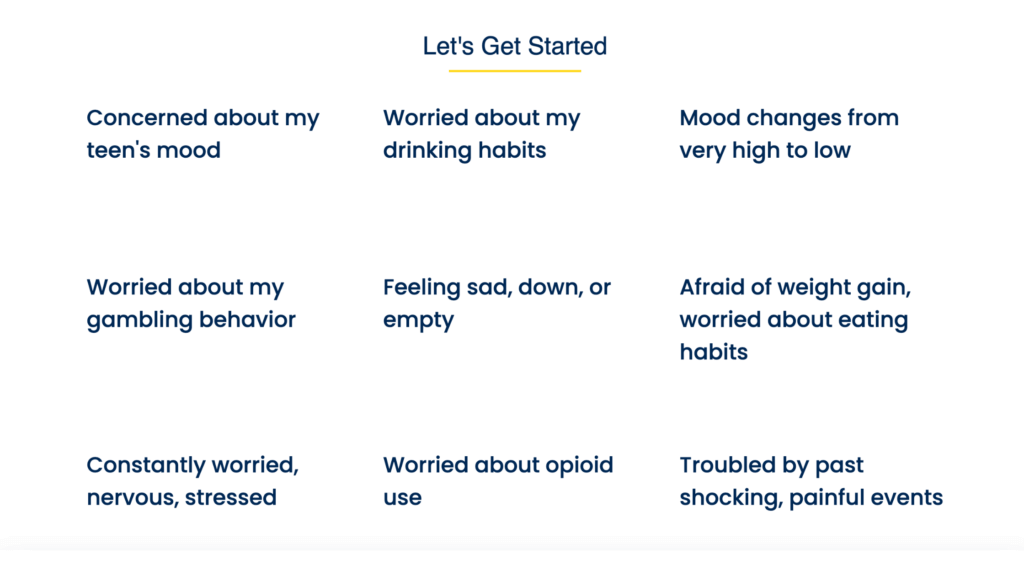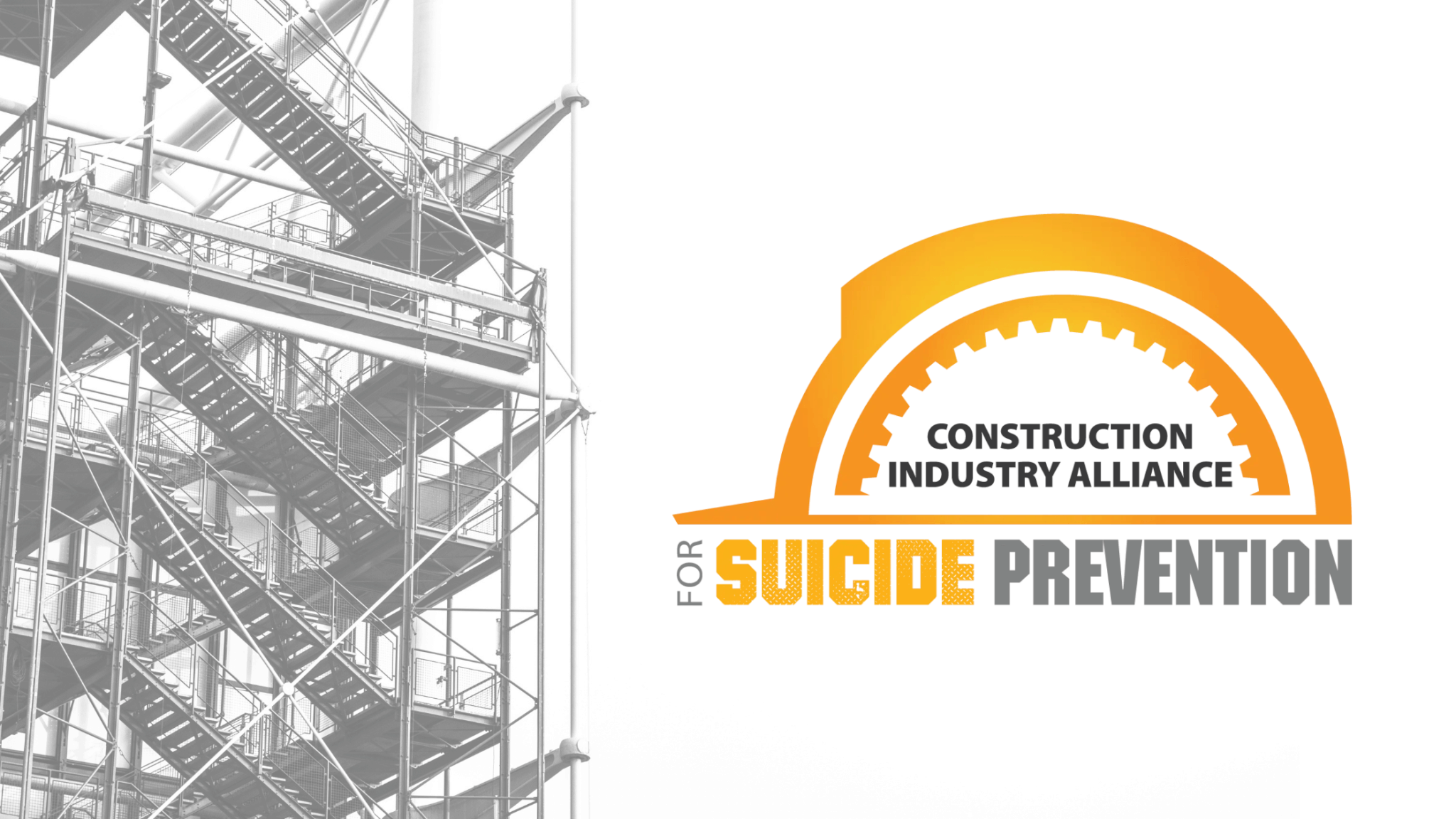In 2016, the Centers for Disease Control (CDC) released a report showing construction workers had the highest male suicide rate out of any occupational group. It was a sobering statistic that immediately spurred the Construction Financial Management Association (CFMA) to act.
CFMA soon created the Construction Industry Alliance for Suicide Prevention (CIASP), an organization tasked with shattering the stigma around mental health issues in construction and building a zero-suicide industry.
Construction suicide prevention week

September 9-13 is Construction Suicide Prevention Week, designed to bring awareness and action to the unique challenges faced by the construction industry during September’s National Suicide Prevention Month.
To mark this week, we spoke with Sonya Bohmann, executive director of CIASP, about how the organization has been working to tackle mental health issues and prevent suicide in construction. Bohmann shares that tackling prevailing attitudes remains one of their biggest battles eight years after that initial CDC study.
“There’s still a really big stigma around mental health; I think that not everyone is ready for the conversation,” she says. “All the things we love about construction—that tough mentality, that pull-yourself-up-by-your-boostraps mindset, that grit, and determination—are also the things that are barriers to accessing help or accessing the conversation. That’s our biggest hurdle, breaking down that stigma.”
CIASP resources
The organization raises mental health and suicide awareness in the construction industry and provides resources to reverse existing trends. It empowers individuals and organizations by educating, providing training, and sharing resources.
One of the resources for individuals is the MindWise Screening, which allows workers to take a free, anonymous test to gain awareness of their mental health, identify areas for concern, and become empowered to seek help. Bohmann stresses that the MindWise tool isn’t a diagnostic tool, nor are the results monitored. Still, it provides an excellent, anonymous way for workers to check in with themselves when they might feel uncomfortable approaching their insurance or EAP.

CIASP also offers resources like the Needs Analysis Tool, which allows organizations to check in and evaluate their company’s mental health training, awareness, and resources and create a plan to fill any gaps.
Bohmann says CIASP also plans to launch a Pathway Model program to provide organizations with the tools they need to get started. “We will take what we have currently and partner with others to create a resource that anyone in construction—whether you’re a large, medium, or small company—can build your own mental health and wellness program and be able to start using that to support suicide prevention and mental health and reduce the stigma around this topic.”
Making strides
As of 2023, construction still has one of the highest suicide rates across all industries, but CIASP has seen promising signs of improvement. “I think we are making progress, “ Bohmann says. “Before this year, I don’t know that anyone during safety week was talking about mental health. Now it’s been all over social media, and it’s been a big part of what people are doing.”
In a testament to the importance of CIASP’s work, Bohmann also shared the story of a CIASP board member who was invited to speak about suicide prevention to a construction company in Texas. Shortly after the board member returned from the trip, CIASP received an email from the company, which shared that two of their workers had reached out after the talk. “One went to their supervisor and said, ‘Wow. I think I need some help. Can you connect me with our EAP?’ So, there’s an immediate impact.”
Safe sharing
One way to raise awareness about mental health and suicide is to hear from someone who’s been there. Bohmann emphasizes that while sharing your story can be incredibly powerful, it’s essential to do so safely.
CIASP offers the following guidance for safely sharing your mental health story:
- Emphasize the journey: Highlight the before and after the loss or attempt, if possible, and how far you have come in recovery.
- Avoid glamorizing or sensationalizing: Use compassionate language. The word “commit” is no longer used when speaking about suicide. There has been a shift to less stigmatizing wording such as “died by” or “ended one’s life.”
- Skip the details about the suicide method: You can tell the same story by taking the listener on your journey, avoiding the activating or graphic details.
- Be honest and comprehensive: Share your struggles and how you manage your mental health today.
The world needs you
Through conversation, awareness, and action, CIASP is making a difference in the lives of those who need it the most. Bohmann explains that the unique contributions of construction workers are what motivate her to continue doing her work.
“I loved working in construction. I still love everything about it,” she says emphatically. “Everything that we use—from the roads we drive on to the plumbing or electrical systems we use every day, the houses we live in—all of it is connected to the construction industry. We take it so much for granted, but there are hardworking men and women who really put themselves in dangerous situations every single day and stressful situations that are very hard on our bodies. They continue to do what they do because the world needs them.”
If you or someone you know is at risk of suicide, call or text 988 24/7 to access trained crisis counselors who can assist you.


